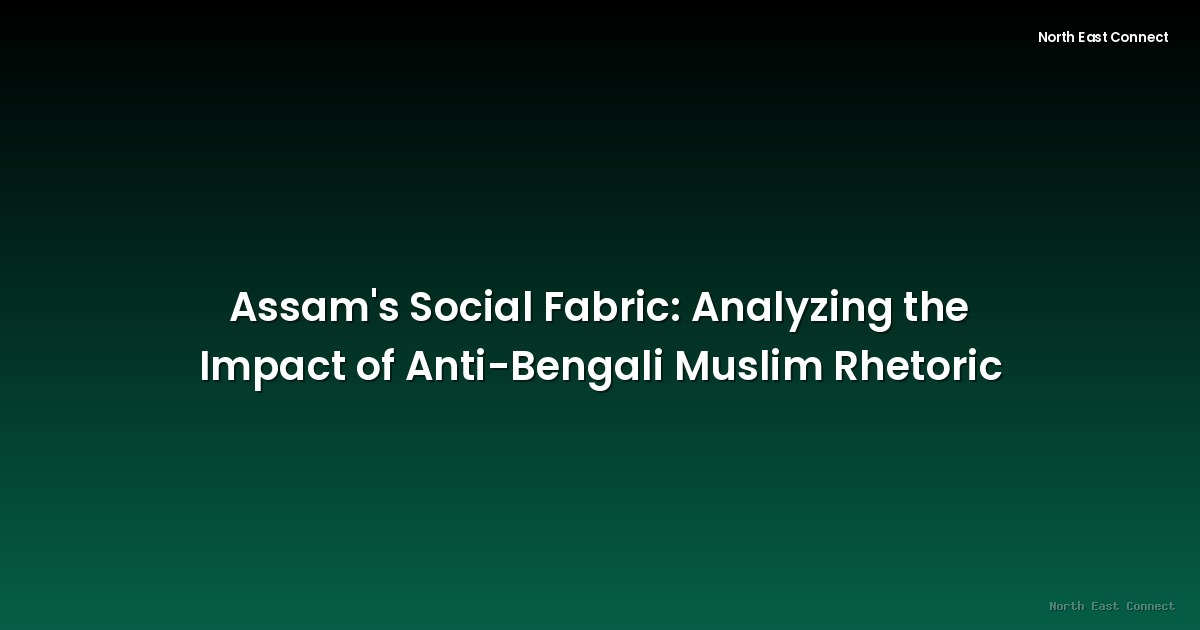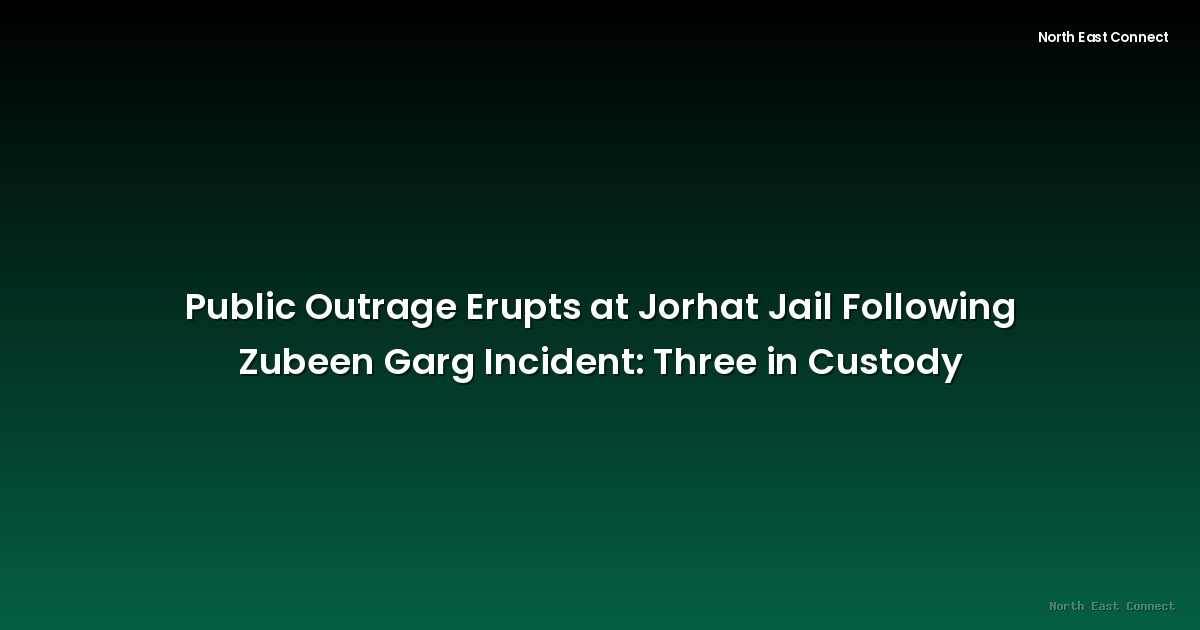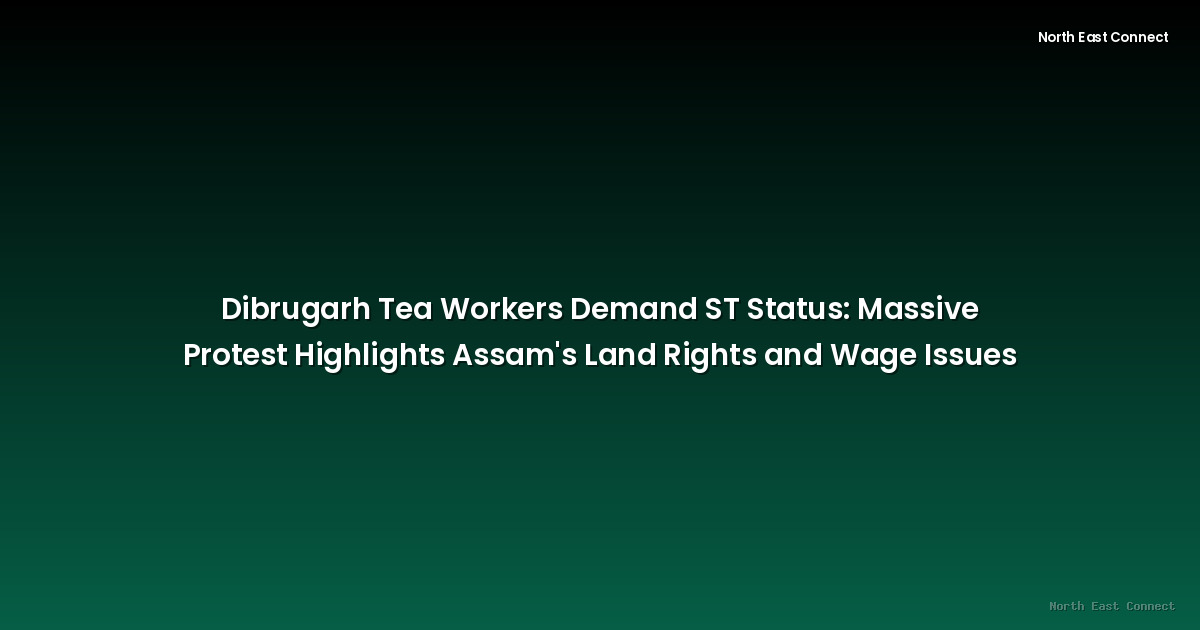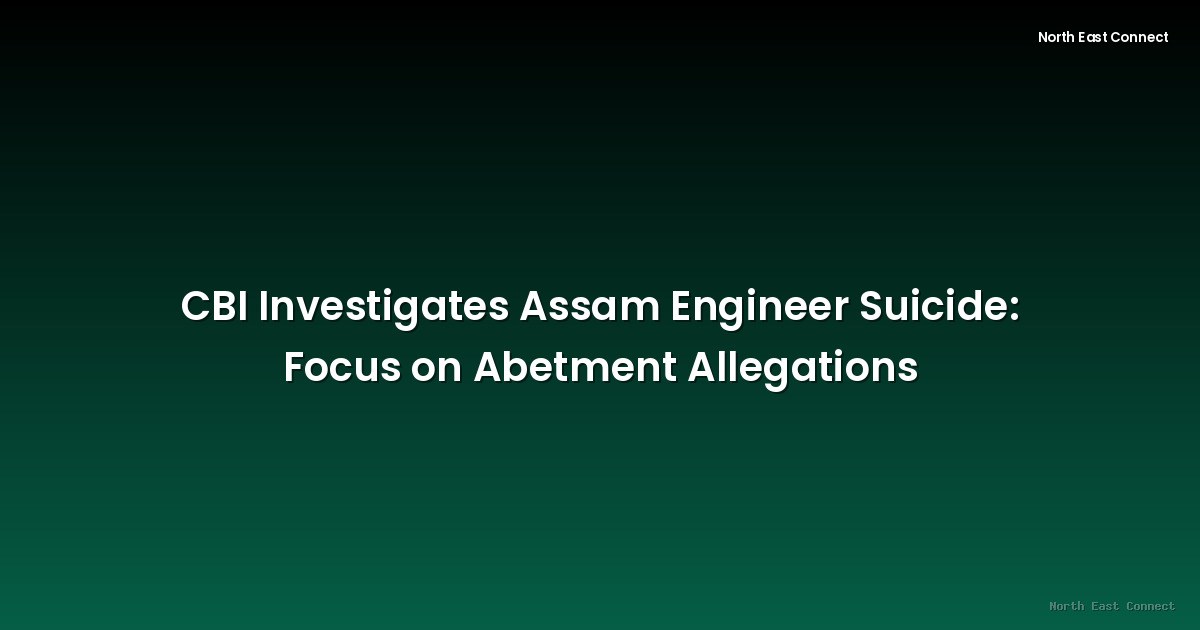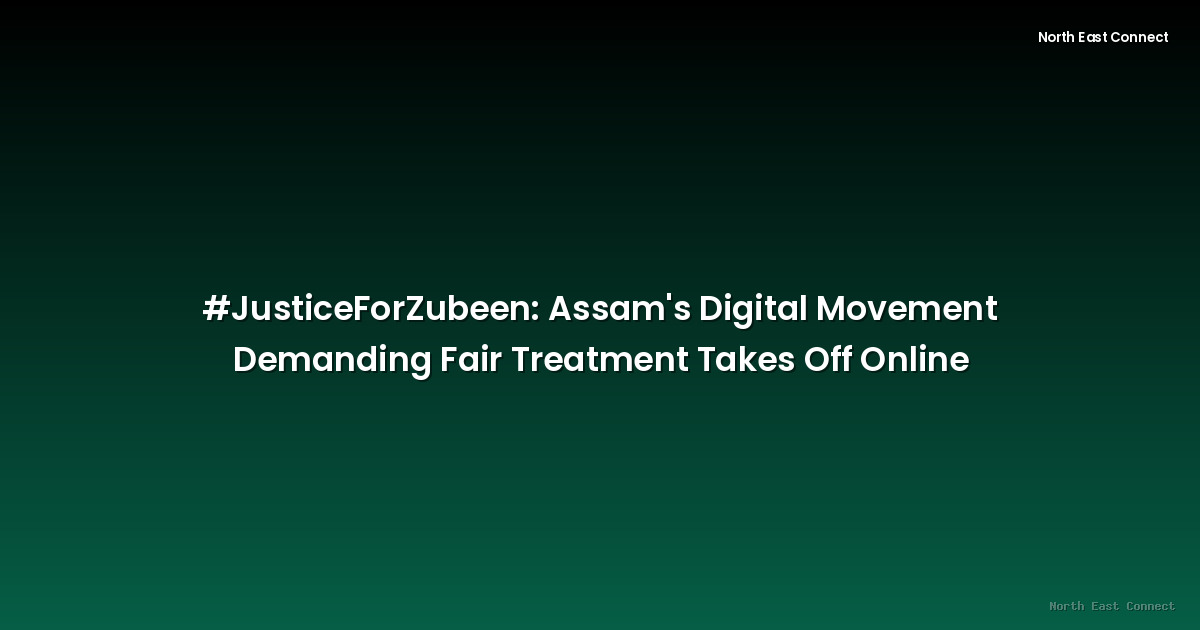2025-09-09 · News
Assam, a northeastern state in India, has witnessed a complex interplay of social and political forces in recent years. One significant element contributing to ongoing tensions is the increasingly vocal anti-Bengali Muslim rhetoric prevalent in the region. This article analyzes the nature and impact of this discourse, exploring its consequences for the state's social fabric and the well-being of its diverse population.
The issue is not simply one of linguistic difference. The targeting of Bengali-speaking Muslims often intersects with broader anxieties surrounding immigration, citizenship, and religious identity. This conflation of linguistic background with religious affiliation fuels prejudice and marginalization. Critics argue that this rhetoric fosters an environment of fear and insecurity, impacting the social cohesion of communities and undermining the principles of inclusivity.
While Assam has a long history of linguistic and cultural diversity, the focus on Bengali-speaking Muslims has created a specific vulnerability for this group. This targeted rhetoric often presents a simplistic narrative linking Bengali-speaking Muslims to illegal immigration and a threat to Assamese identity and culture. Such narratives disregard the historical presence of Bengali-speaking communities in Assam and fail to acknowledge the diverse contributions these communities have made to the state’s culture and economy.
The consequences of this divisive rhetoric are significant and multifaceted. Instances of discrimination, social exclusion, and even violence targeting Bengali-speaking Muslims have been reported. The emotional toll on affected communities is substantial, leading to feelings of fear, uncertainty, and alienation. This heightened sense of insecurity can hinder social integration and prevent the building of trust between different communities.
The political implications are equally significant. The use of anti-Bengali Muslim rhetoric can be strategically employed to mobilize support and advance specific political agendas. This polarization undermines constructive political dialogue and hinders efforts to address the genuine challenges faced by the state. It diverts attention away from crucial issues such as economic development, poverty reduction, and educational reforms.
The long-term effects of this sustained rhetoric are potentially damaging to the social cohesion of Assam. The erosion of trust between communities creates fertile ground for social unrest and conflict. A healthy democracy requires an environment of mutual respect and understanding between different groups. The continued prevalence of this targeted rhetoric significantly undermines that foundational element.
Addressing this issue requires a multi-pronged approach. This includes actively countering the spread of misinformation and harmful stereotypes through education and media literacy initiatives. Promoting intercultural dialogue and understanding can help bridge divides and foster empathy between different communities. Furthermore, robust legal frameworks protecting the rights of minority groups are essential in preventing discrimination and ensuring justice. Political leaders bear a crucial responsibility in actively condemning divisive rhetoric and fostering an inclusive political discourse.
Ultimately, the future of Assam depends on its ability to cultivate an inclusive society that values the contributions of all its communities. Addressing the corrosive effects of anti-Bengali Muslim rhetoric is not merely a matter of social justice, but a crucial step in building a stable, prosperous, and harmonious future for the state. The path forward requires a conscious effort from all stakeholders to reject hate speech, promote understanding, and build a more equitable and inclusive Assam for all its citizens.

